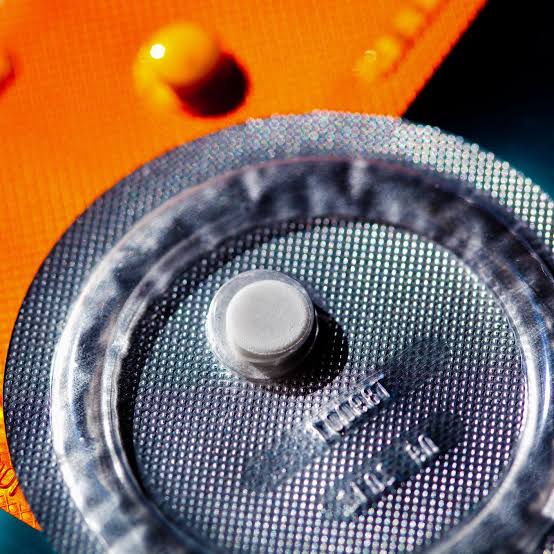Spiral, birth control pills, monthly injections, condom… Today, there are many birth control methods that can be used to prevent unwanted pregnancies. However, sometimes situations such as condom rupture and spiral slippage can be encountered and there is a possibility of unplanned pregnancies. The morning after pill which is used to prevent pregnancy in such emergencies , prevents unwanted pregnancies to a great extent, thanks to the high dose of progesterone hormone it contains. So how does he achieve this? Let’s get to know the morning after pill closely…
1. What is the morning after pill?

The morning after pill, which contains a high amount of progesterone hormone, is a drug taken orally by women to prevent pregnancy after unprotected sexual intercourse. These pills, which can be bought without a prescription from pharmacies, make it difficult for the egg to be fertilized by the sperm, thanks to the high hormone content, and help prevent the fertilized egg from attaching to the uterine wall. Thus, the probability of pregnancy is reduced as much as possible. However, these drugs can cause serious side effects because they contain high amounts of hormones. For this reason, morning-after pills should not be perceived as a routine birth control method and should only be used in unexpected situations such as condom rupture. Otherwise, it can upset the hormonal balance of the person and cause many health problems.
2. When is it used?

The morning after pills, which are used to prevent unwanted pregnancies after unprotected sexual intercourse, are taken earlier after sexual intercourse, the higher their protection. The protection of the pills taken in the first 24 hours is around 90%. As the day progresses, the contraceptive success of the morning-after pill decreases at the same rate. On the 5th day after intercourse, the drug may have no effect. In short; Contrary to popular belief, morning after pills can be taken not one day after unprotected intercourse, but even immediately after intercourse.
3. How to use?

The use of morning after pills may vary depending on the brand. For example, some brands are effective in a single dose, while some brands require two doses. For this reason, the pharmacist should be consulted about how to use the drug while taking the drug and the prospectus should be read carefully. However, it should be known that some drugs can provide protection within the first 5 days after intercourse, while the duration of others is more limited, and drug selection should be made accordingly.
4. How does it protect?

For pregnancy to occur, the egg that is alive in the fallopian tubes must be fertilized by the sperm. It is known that sperm can stay alive in the female body for up to 2 days. This means that if ovulation occurs within 2 days of the sperm reaching the fallopian tubes, pregnancy can occur. However, the morning after pill taken after unprotected sexual intercourse delays ovulation thanks to the progesterone hormone it contains. In this way, the meeting of the sperm and egg cell is prevented and pregnancy is prevented. Also, even if the egg is fertilized by sperm in the fallopian tubes, morning-after pills help prevent pregnancy by making it harder for the embryo to attach to the uterus.
5. What are the side effects?

Morning after pills contain high doses of hormones. For this reason, very serious side effects occur if used regularly, such as birth control pills. Taking it more than once a month will upset the person’s entire hormonal balance. Disruption of hormonal balance can cause serious health problems, from menstrual irregularity to cardiovascular diseases and even the formation of cancer. Therefore, the morning-after pill is a medicine that should only be used in emergencies such as condom rupture. Some side effects can be seen even in the first use of the drug. Even these side effects are sometimes early pregnancy symptoms can be assumed. The most common side effects are abdominal pain, spotting, nausea and vomiting. If the person vomits 3 hours after taking the drug, the drug may not have any protection and may need to be taken again. If the complaints continue to increase, the nearest health institution should be consulted.

